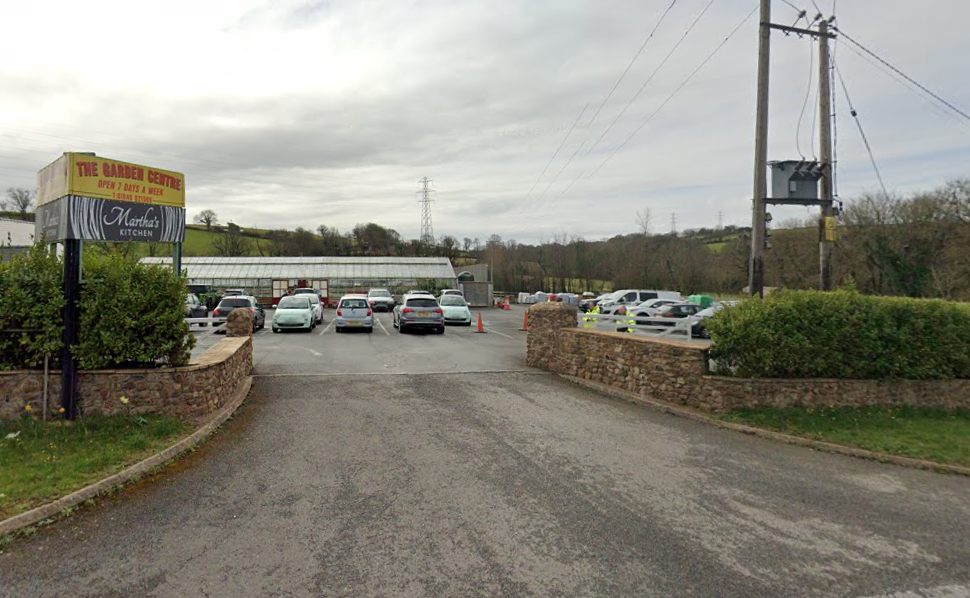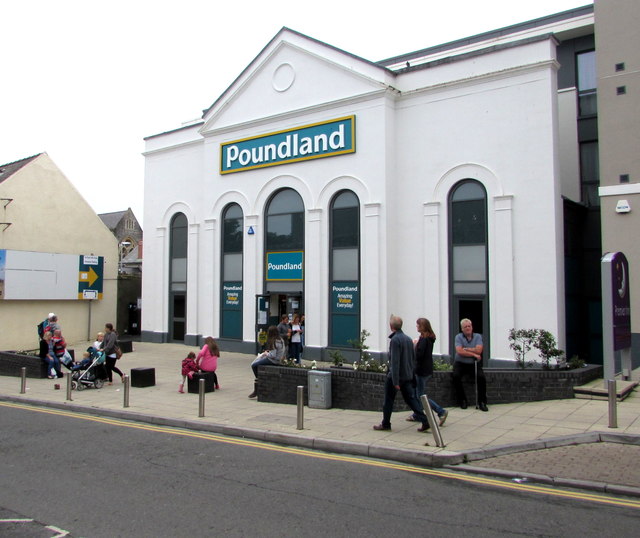Politics
Example must be set over apprenticeships


Llyr Gruffydd: WG ‘should be setting a better example’
PLAID CYMRU has called for the Welsh Government to set a good example after failing to employ any apprentices in 2015, shortly before launching a manifesto pledge of 100,000 apprenticeships in Wales.
In 2011, the WG recruited 68 apprentices, but this number has declined year-on-year, down to 22 in 2014. In 2016 so far, 19 apprentices have been recruited.
The information comes from a Freedom of Information request by Plaid Cymru’s Llyr Gruffydd, the Party of Wales’ Shadow Secretary for Lifelong Learning.
Mr Gruffydd said: “The Welsh Government is a major employer with more than 5,000 staff throughout Wales.
“It has a target of 100,000 apprenticeships in Wales over the next five years and should be setting a better example by taking on apprentices. Since 2011, the figure has been sliding from a peak of 68 to zero in 2015. This year’s figure shows a modest rise to 19 but it’s still a disappointing amount given the size of the organisation and the need to set a good example.
“Employers will wonder whether the Government is serious about apprenticeships if it doesn’t practice what it preaches. Plaid Cymru believes the Welsh Government should be doing more to promote apprenticeships and setting a good example for all other employers in Wales.”
Business
Cosheston Garden Centre expansion approved by planners

PLANS to upgrade a garden centre on the main road to Pembroke Dock have been given the go-ahead.
In an application to Pembrokeshire County Council, submitted through agent Hayston Developments & Planning Ltd, Mr and Mrs Wainwright sought permission for upgrade of a garden centre with a relocated garden centre sales area, additional parking and the creation of ornamental pond and wildlife enhancement area (partly in retrospect) at Cosheston Garden Centre, Slade Cross, Cosheston.
The application was a resubmission of a previously refused scheme, with the retrospective aspects of the works starting in late 2023.
The site has a long planning history, and started life as a market garden and turkey farm in the 1980s, and then a number of applications for new development.
A supporting statement says the previously-refused application included setting aside a significant part of the proposed new building for general retail sales as a linked farm shop and local food store/deli in addition to a coffee bar.
It was refused on the grounds of “the proposal was deemed to be contrary to retail policies and the likely impact of that use on the vitality and viability of nearby centres,” the statement said, adding: “Secondly, in noting that vehicular access was off the A 477 (T) the Welsh Government raised an objection on the grounds that insufficient transport information had been submitted in respect of traffic generation and highway safety.”
It said the new scheme seeks to address those issues; the development largely the same with the proposed new garden centre building now only proposed to accommodate a relocated garden centre display sales area rather than a new retail sales area with other goods, but retaining a small ancillary coffee bar area.
“Additional information, in the form of an independent and comprehensive Transport Statement, has now been submitted to address the objection raised by the Welsh Government in respect of highway safety,” the statement said.
It conceded: “It is acknowledged that both the creation of the ornamental pond and ‘overspill’ parking area do not have the benefit of planning permission and therefore these aspects of the application are ‘in retrospect’ and seeks their retention.”
It finished: “Essentially, this proposal seeks to upgrade existing facilities and offer to the general public. It includes the ‘relocation’ of a previously existing retail display area which had been ‘lost’ to the ornamental pond/amenity area and to provide this use within the proposed new building and moves away from the previously proposed ‘farm shop’ idea which we thought had merit.
“This revised proposal therefore involves an ‘upgrading’ rather than an ‘expansion’ of the existing garden centre use.”
An officer report recommending approval said that, while the scheme would still be in the countryside rather than within a settlement boundary, the range of goods sold would be “typical of the type of goods sold in a garden centre and which could be sold elsewhere within the garden centre itself,” adding: “Unlike the recent planning application refused permission it is not intended to sell delicatessen goods, dried food, fruit and vegetables, pet products and gifts.”
It added that a transport statement provided had been reviewed by the Welsh Government, which did not object on highway grounds subject to conditions on any decision notice relating to visibility splays and parking facilities.
The application was conditionally approved.
Business
Tenby Poundland site could become retro gaming lounge

TENBY’S former Poundland and Royal Playhouse cinema could become a retro computer gaming lounge, plans submitted to the national park hope.
Following a takeover by investment firm Gordon Brothers, Poundland shut 57 stores earlier this year, including Tenby.
Prior to being a Poundland, the site was the Royal Playhouse, which had its final curtain in early 2011 after running for nearly a century.
The cinema had been doing poor business after the opening of a multiplex in Carmarthen; in late 2010 the opening night of the-then latest Harry Potter blockbuster only attracted an audience of 12 people.
In an application to Pembrokeshire Coast National Park, Matthew Mileson of Newport-based MB Games Ltd, seeks permission for a ‘CONTINUE? Retro Gaming Lounge’ sign on the front of the former Gatehouse (Playhouse) Cinema, White Lion Street, most recently used as a Poundland store.
The signage plans form part of a wider scheme for a retro gaming facility at the former cinema site, which has a Grade-II-listed front facade, a supporting statement through agent Asbri Planning Ltd says.
“The subject site is located within the settlement of Tenby along White Lion St. The site was formerly the Gatehouse Cinema and currently operates as a Poundland discount store, which closed on October 18.”
It adds: “This application forms part of a wider scheme for the change of use to the former Gatehouse Cinema. Advertisement consent is sought for a non-illuminated aluminium composite folded panel that will be bolted onto the front façade of the proposed building, in replacement of the existing signage (Poundland).”
It stresses: “It is considered that the proposed advertisement will not have a detrimental impact on the quality of the environment, along with being within a proportionate scale of the building. It is considered that the proposed signage will reflect site function.
“Furthermore, due to the sympathetic scale and design of the sign itself, it is considered that the proposal will not result in any adverse visual amenity impacts.
“The proposal is reduced in sized compared to the existing Poundland advertisement. The sign will not be illuminated. Given the above it is considered that such proportionate signate in association with the proposed retro gaming lounge is acceptable and does not adversely affect visual amenity.”
An application for a retro gaming lounge by MB Games Ltd was recently given the go-ahead in Swansea.
Business
Llandeloy cottage crochet plans given the green light

A CALL to change the use of a Pembrokeshire farm holiday cottage to a crochet workshop has been given the go-ahead by Pembrokeshire planners.
In an application to Pembrokeshire County Council, Mr and Mrs Evans of Lochmeyler Farm, Llandeloy, through agent Harries Planning Design Management, sought permission for a change of use of a self-catered cottage to a crochet workshop.
A supporting statement says the application, one of a number of historic farm diversification schemes on site “seeks to continue to evolve with current market demands,” the cottage proposed for the change of use once a former outbuilding that was originally converted in 1992 into “a well-established holiday let”.
It added: “Made by Margo is a well-regarded local business founded by Margo Evans, a passionate lifelong crafter who began knitting at a young age. Her company specialises in creating handcrafted, contemporary crochet products using high-quality natural materials.
“Accordingly, Margo is a highly sought-after teacher known for her popular crochet classes. This proposal is motivated by a recognised need for a permanent space for the business, as to date the applicant has needed to use community halls or similar spaces to accommodate clients.
“Thus, the proposed change of use will secure a permanent space for these workshops and will future proof the business against the lack of availability of public spaces.
“Other alternatives have been considered with the cottage being the most viable option, particularly as demand has waned for holiday cottage post Covid-19. The holiday cottage, whilst once popular, is no longer in high demand, with visitors requiring more modern amenities and larger spaces which without significant investment, this holiday cottage is unable to provide.
“Consequently, the cottage’s change of use will diversify the farm’s revenue, while simultaneously providing a permanent base for a small rural business. While the primary customer base is local, the space may also help attract seasonal tourism and broaden the business’s appeal.”
It says the operation would be on a small scale, with a maximum of six people per class and a three day per-week schedule.
An officer report, recommending approval, said: “The provision of a workshop would have both social and environmental benefits for the applicant and local community through the provision of business and income generated from the operation.
“With regard to environmental impacts, positive environmental impacts would be achieved through the re-use of the building. Whilst the proposed location is in the open countryside, which is not a sustainable location, the proposed operation of the business is low scale. It is considered that the number of trips would be of low frequency when compared to the potential number of trips that are generated from tourism.”
The application was conditionally approved.
-

 Crime4 days ago
Crime4 days agoPhillips found guilty of raping baby in “worst case” judge has ever dealt with
-

 Crime3 days ago
Crime3 days agoKilgetty scaffolder sentenced after driving with cocaine and in system
-

 Crime3 days ago
Crime3 days agoHousing site director sentenced after failing to provide breath sample following crash
-

 Crime3 days ago
Crime3 days agoMotorist banned for three years after driving with cannabis in system
-

 Education2 days ago
Education2 days agoTeaching assistant struck off after asking pupil for photos of her body
-

 News5 days ago
News5 days agoJury retires tomorrow in harrowing Baby C rape trial
-

 Crime3 days ago
Crime3 days agoMilford Haven pensioner denies exposure charges
-

 Local Government5 days ago
Local Government5 days agoNew defamation row erupts after anonymous website targets Herald editor























